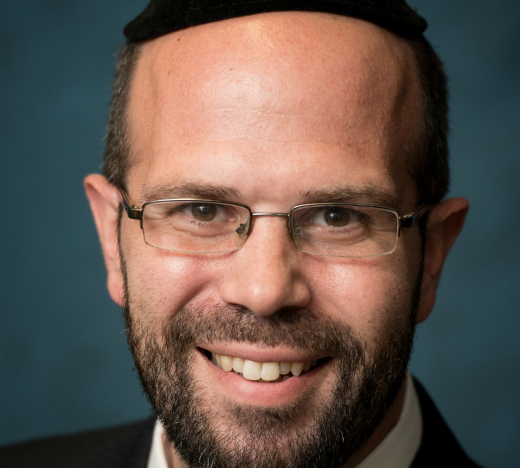 I applaud The Jewish Link for addressing the issue of substance and alcohol abuse in the yeshiva community, one of both profound and critical importance. As the article and editorial correctly indicate, sticking our heads in the sand and pretending that this is not an issue of great concern in our community, is naïve at best, reckless and immoral at worst. Indeed, awareness and education, for both parents and teenagers, is an essential measure, if we are to address this problem comprehensively and responsibly. I agree as well that open communication, honest discussion and ongoing dialogue between parents and teenagers, are indispensable tools that must be fully employed throughout this process.
I applaud The Jewish Link for addressing the issue of substance and alcohol abuse in the yeshiva community, one of both profound and critical importance. As the article and editorial correctly indicate, sticking our heads in the sand and pretending that this is not an issue of great concern in our community, is naïve at best, reckless and immoral at worst. Indeed, awareness and education, for both parents and teenagers, is an essential measure, if we are to address this problem comprehensively and responsibly. I agree as well that open communication, honest discussion and ongoing dialogue between parents and teenagers, are indispensable tools that must be fully employed throughout this process.
It does seem to me, however, that there is an important component that was absent from your editorial coverage. While parents must work to arm their children with the skills to protect themselves and explain the devastating effects of alcohol abuse and drug use, the role of a parent does not end there. Many of the situations in which our teenagers find themselves in-over-their-heads are facilitated by the parents themselves, albeit unwittingly. Often times, due to our passive compliance, our teenagers find themselves in situations where the temptations and pressures competing for their attention are simply too powerful and overwhelm their under-developed prefrontal cortexes. It is not necessarily education and information which our teenagers lack, nor is it even a lack of motivation on their part. They simply do not have the psychophysiological wherewithal to safely manage and navigate these situations on their own. When (if) we sit down with our children and discuss the dangers of drugs and alcohol, it is very possible that they are listening, tuned in and processing. But, in no way whatsoever, does not mean that they possess the cognitive or emotional ability to make responsible choices in every setting.
To be frank, it is shocking and deeply disappointing how permissive many parents are when parenting the teenage yeshiva community. Parents often worry that establishing clear expectations and setting appropriate limits, will possibly create a wedge between them and their children, thereby compromising and obstructing the lines of communication. Parents do all they can to avoid saying “no” to a child, out of a deep-seated fear that setting limits will trigger rebellious tendencies. This fear is amplified when teenagers challenge their parents with the proverbial “but everyone else’s parents allow it.” (Recently, a parent actually issued the same rationalization to me!) These concerns are, for the most part, unfounded and often reflect the parent’s own insecurities.
I fully recognize that we cannot, nor should we, attempt to monitor our teenagers’ every move. It is important for teenagers to develop as self-sufficient adults, which necessitates both poor decision-making and failures, as indispensable prerequisites for healthy development. At the same time, it is nothing less than criminal for parents to allow teenagers to participate in unsupervised gatherings/events/parties/reun
It would seem to me that the most substantial measure that we can take as a community is to reclaim our role as parents. This is not the time, nor the forum, to establish what the non-negotiable, forbidden lines should be. Yet, if we can, at the very least, commit to working together as a community of parents, we can greatly mitigate the imagined fallout that we often dread, when acting as lone individuals. Our teenagers will not only respect us for insisting upon their physical and emotional safety, they will greatly admire us for our sensible and decisive intervention. Most importantly, through responsible parenting, our teenagers will experience a deep and profound sense of inner peace and security, which will ultimately allow them to achieve the greatest high imaginable.
Rabbi Larry Rothwachs is mara d’atra of the Congregation Beth Aaron community in Teaneck.












